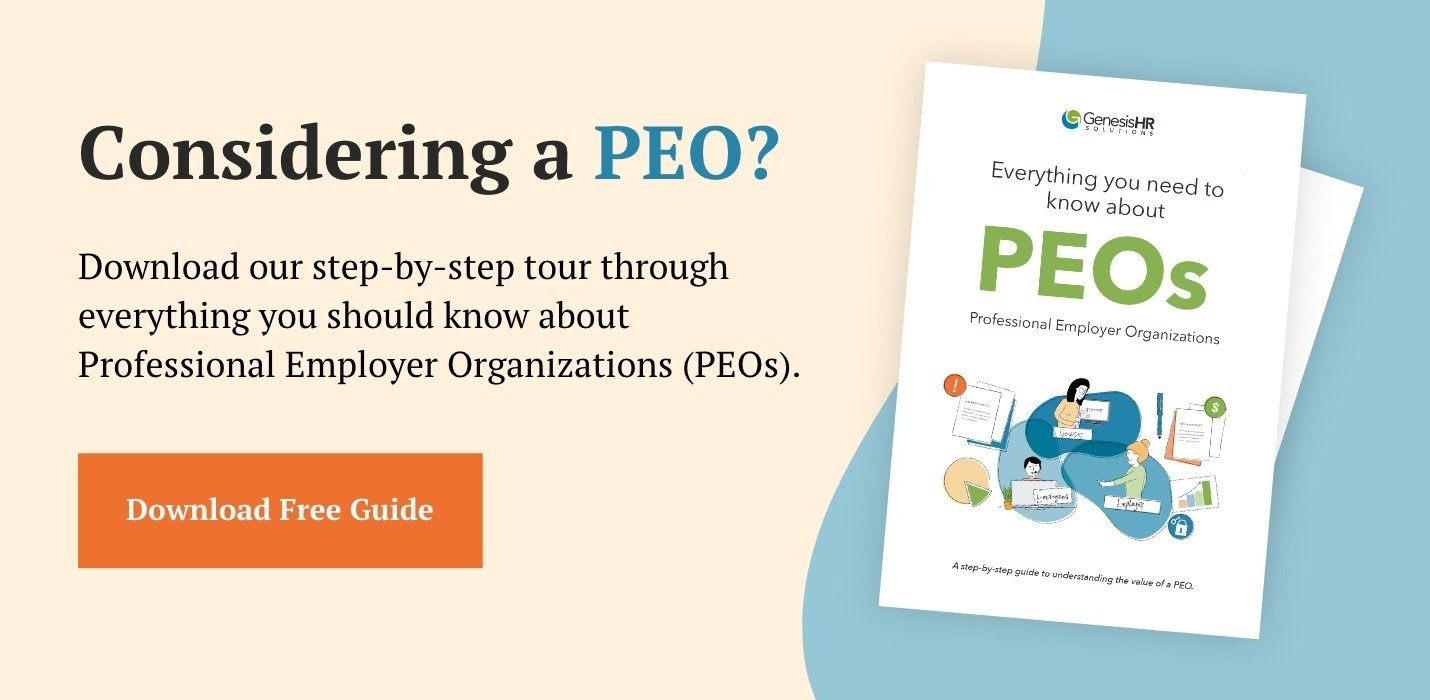Should you auto-enroll your employees into your company’s 401(k) program? You don’t need to shake a magic eight ball to make a decision. Instead, take a look at the pros and cons, and then make an educated decision for your company.
What is automatic enrollment?
Automatic enrollment is exactly what it sounds like—you, the employer, automatically enroll your employees into your organization’s 401(k) plan. According to the U.S. Department of Labor (DOL), automatic enrollment permits you to act on your employees’ behalf by getting them to build their retirement savings with pre-tax employee contributions and matching contributions from you. However, automatic enrollment is not the only option:
- A basic automatic enrollment 401(k) plan must state that employees will be automatically enrolled in the plan unless they elect otherwise and must specify the percentage of an employee’s wages that will be automatically deducted from each paycheck for contribution to the plan. The document must also explain that employees have the right to elect not to have salary deferrals withheld or to elect a different percentage to be withheld.
- An eligible automatic contribution arrangement (EACA) is similar to the basic automatic enrollment plan but has specific notice requirements. An EACA can allow automatically enrolled participants to withdraw their contributions within 30 to 90 days of the first contribution.
- A qualified automatic contribution arrangement (QACA) is a type of automatic enrollment 401(k) plan that automatically passes certain kinds of annual required testing. The plan must include certain features, such as a fixed schedule of automatic employee contributions, employer contributions, a special vesting schedule, and specific notice requirements.
Benefits Of Auto-Enrolling
- Your employees will be able to save “automatically.” And, as a bonus, your company’s matching is essentially “free money” for your employees who take advantage. A strong 401(k) plan is an important benefit your company needs to offer in order to get the best people on your team.
- You’ll get more people involved in the program. When enrolled automatically, your participation rate will naturally increase.
- The 401(k) is pre-tax. Your employees will defer paying income tax on what they contribute until they begin to withdraw the money in the future. For employers, the overall employees’ taxable income is reduced with pre-tax 401(k) contributions, which means the overall employer payroll taxes may be reduced. (7 Pros and Cons of Investing in a 401k Retirement Plan at Work)
- Employers get tax savings, too. There are multiple tax breaks for an employer, including a $1,500 tax credit and tax-deductible employer match.
Considerations Of Auto-Enrolling
- Early withdrawal fees. If your employees withdraw their 401(k) before age 59½, any taxable portion not rolled over may be subject to a 10% additional tax on early distributions.
- Employees may take their hands off their savings and retirement goals, thinking the 401(k) is “doing it for them.” In The Case Against 401(k) Automatic Enrollment, the author says automatic 401(K) enrollment “doesn’t tell people how much they are going to need to save for retirement. There is no savings goal. People should be thinking about how much they have and how it is invested. How many of them are actually following up and seeing whether they will get a lump sum or an annuity or whether they are invested in a target date fund?”
- Employees may not contribute the best amount for their situation. While it’s ideal for employees to contribute the maximum amount, this isn’t always ideal for employees who are facing debt, a financial emergency, and other situations. Similarly, some employees may unknowingly contribute too little—and their goals may suffer as a result.
Is auto-enrollment right for your company?
While we won’t say a blanket “yes,” auto-enrollment of employees into a 401(k) is almost always a very good idea for companies. But instead of guessing, we suggest you go a step further and find out if it’s best for your company. We can help! Contact us today to see how auto-enrollment in a 401(k) might affect your organization.





